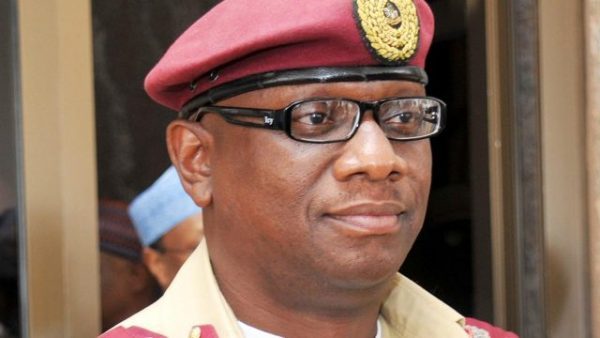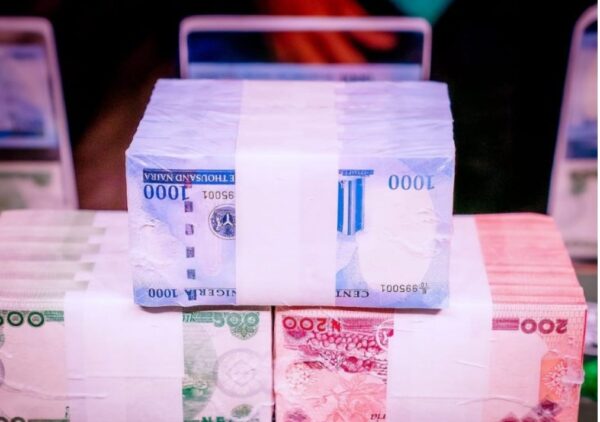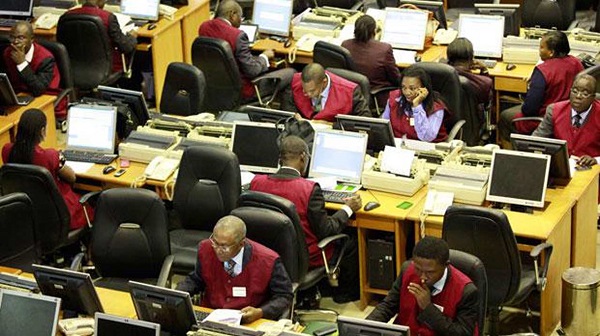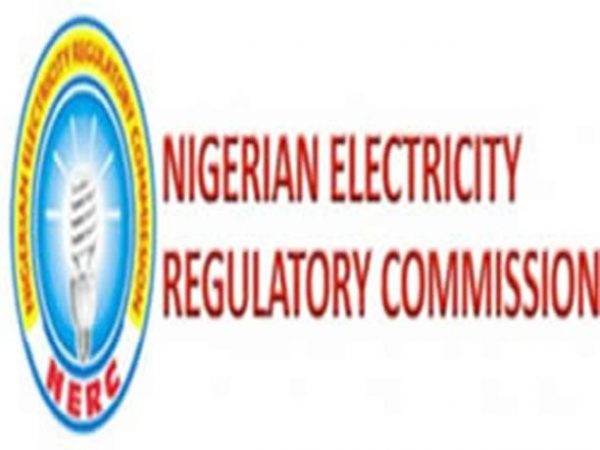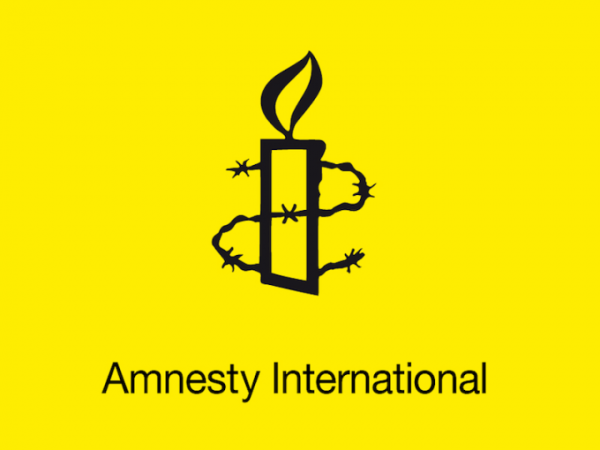 Amnesty International (AI) has called on the governments of Nigeria, United Kingdom and the Netherlands to launch criminal investigations into Shell’s role in what it described as horrific crimes committed by the Nigerian military in Ogoniland in the 1990s.
Amnesty International (AI) has called on the governments of Nigeria, United Kingdom and the Netherlands to launch criminal investigations into Shell’s role in what it described as horrific crimes committed by the Nigerian military in Ogoniland in the 1990s.
The body, in a statement signed by its Media Manager, Isa Sanusi, and made available to THISDAY, said massive cache of international documents in thousands of pages and witness statements showed Nigerian military’s criminal campaign to silence Ogoni protest against pollution in their land.
According to the Director of Global Issues, Amnesty International, Audrey Gaughran, who quoted the recent AI report, said the evidence reviewed by Amnesty International shows that Shell repeatedly encouraged the Nigerian military to deal with community protests, even when it knew the horrors this would lead to.
“In the midst of this brutal crackdown, Shell even provided the military with material support, including transport, and in at least one instance paid a military commander notorious for human rights violations. That it has never answered for this is an outrage.
“It is indisputable that Shell played a key role in the devastating events in Ogoniland in the 1990s, but we now believe that there are grounds for a criminal investigation. Bringing the massive cache of evidence together was the first step in bringing Shell to justice. We will now be preparing a criminal file to submit to the relevant authorities, with a view for prosecution,” he added.
He explained that the Nigerian government’s campaign against the Ogoni people culminated in the execution, 22 years ago, of nine Ogoni men, including Ken Saro-Wiwa, a writer and activist who led the protests, adding that the executions followed a blatantly unfair trial sparking global outcry.
According to him, an individual or company can be held criminally responsible for a crime if they encourage, enable, exacerbate or facilitate it, even if they were not direct actors.
“For example, knowledge of the risks that corporate conduct could contribute to a crime, or a close connection to the perpetrators, could lead to criminal liability.
“Internal memos and minutes from meetings show Shell lobbying senior government officials for military support, even after the security forces had carried out mass killings of protesters. They also show that on several occasions Shell provided logistical or financial assistance to military or police personnel when it was well aware that they had been involved in murderous attacks on defenceless villagers,” the report stated.
On specifics, Gaughran said one internal company document revealed that on March 3, 1994, Shell made a payment of more than $900 US to ISTF, a special unit created to ‘restore order’ in Ogoniland. “This was just 10 days after the unit commander ordered the shooting of unarmed protestors outside Shell’s regional headquarters in Port Harcourt. The document states that this payment was a show of gratitude and motivation for a sustained favourable disposition towards Shell in future assignments.
“Sometimes, Shell played a more direct role in the bloodshed – for example by transporting armed forces to break up protests, even when it became clear what the consequences would be. This clearly amounts to enabling or facilitating the horrific crimes that followed,” he said.
Copyright MMS Plus.
All rights reserved. This material, and other digital content on this website, may not be reproduced, published, broadcast, rewritten or redistributed in whole or in part without prior express written permission from KINGS COMMUNICATIONS LIMITED.




